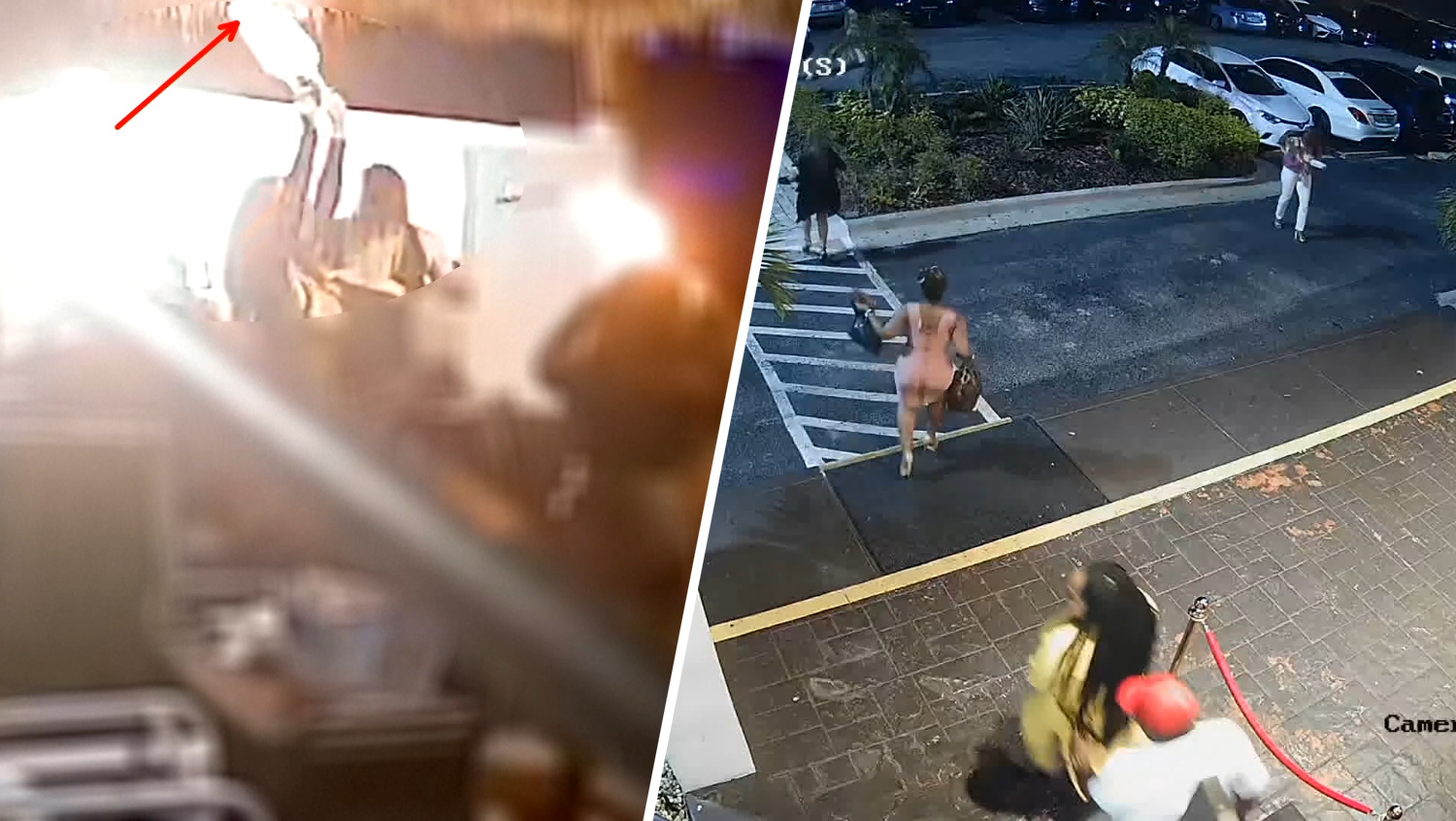A government chemist testified Thursday he found traces of the banned VX nerve agent on two women being tried in Malaysia on charges of murdering the estranged half brother of North Korea's leader.
The testimony was the first evidence linking VX to Indonesian Siti Aisyah and Doan Thi Huong of Vietnam, who are accused of smearing the nerve agent on Kim Jong Nam's face in a brazen assassination inside a crowded airport terminal in Kuala Lumpur on Feb. 13.
Raja Subramaniam, who heads the government's Center of Chemical Weapon Analysis, said he found VX in its pure form and VX precursors on Huong's white jumper and found a degraded product of VX on Huong's fingernails.
Huong was seen on airport surveillance videos wearing a white jumper emblazoned with the big black letters "LOL," the acronym for "laughing out loud."
The chemist, who is the only Malaysian with a doctorate in chemical weapons analysis, said laboratory tests also detected VX acid, a degraded product of the nerve agent, on Aisyah's sleeveless T-shirt.
He said VX will degrade once it is exposed to the atmosphere, and even faster when it is in contact with water, leaving degraded products of VX.
"The presence of VX precursors and VX degradation products confirms the presence of VX itself," he told the court.
U.S. & World
Raja also confirmed that he found VX on Kim's face, eyes, clothing and in his blood and urine.
Aisyah and Huong have pleaded not guilty to the murder charge, which could bring a death penalty if they are convicted. They have not testified but their defense has said the women were duped by suspected North Korean agents into believing they were playing a harmless prank for a hidden-camera TV show.
Raja earlier described VX as the "deadliest nerve agent created" and literature showed that 10 milligrams could be fatal. He said VX is oily and difficult to detect because it is colorless and odorless, and can be easily transported in a water bottle. He said Malaysia's airports do not have the special equipment needed to detect VX.
Raja also said rubbing VX on the eyes and neck would be the fastest way to kill a person, compared to splashing or spraying the chemical. He said VX doesn't evaporate quickly, making it a strategic choice because a person could be targeted without affecting the surroundings. It takes six days for a drop of VX to evaporate, he said.
He agreed with the prosecutors' assertion that Kim didn't inhale VX because no nerve agent was detected on a nasal swab.
The trial is to resume Monday, with the judge, lawyers and the two suspects visiting Raja's laboratory to see VX-tainted samples from the two women before they are formally submitted as evidence. This came after Raja told the court it would be safer to view the samples in the lab because the VX may still be active.
Gooi Soon Seong, lawyer for Siti, told reporters that detection of VX on the women was not enough to convict them.
"If I have the knife, it doesn't mean I killed the person. They must have other stronger evidence," he said.
He also said Raja was inconsistent and shouldn't be afraid to open the VX-tainted samples since he testified VX could easily be washed off and doesn't evaporate quickly.
Hisyam Teh Poh Teik, Huong's lawyer, said the defense has another explanation of why VX was present on the Vietnamese and would reveal this later.
The VX-tainted evidence from Kim's body and clothing was presented in court Wednesday in sealed plastic bags, and the lawyers and court officials wore surgical masks and gloves as they viewed it.
Earlier witnesses have testified Kim quickly suffered symptoms of chemical poisoning and died from acute VX poisoning within two hours of the attack.
VX is banned by an international treaty as a weapon of mass destruction but is believed to be part of North Korea's chemical weapons arsenal. Kim was the eldest son in the current generation of North Korea's dynastic rulers but was believed to have been cast out by his father and had lived abroad for years. He reportedly never met current leader Kim Jong Un, who is widely believed to have perceived his older sibling as a threat and targeted him for assassination.
The trial is being closely watched by the Indonesian and Vietnamese governments, which hired the defense lawyers for both women.



